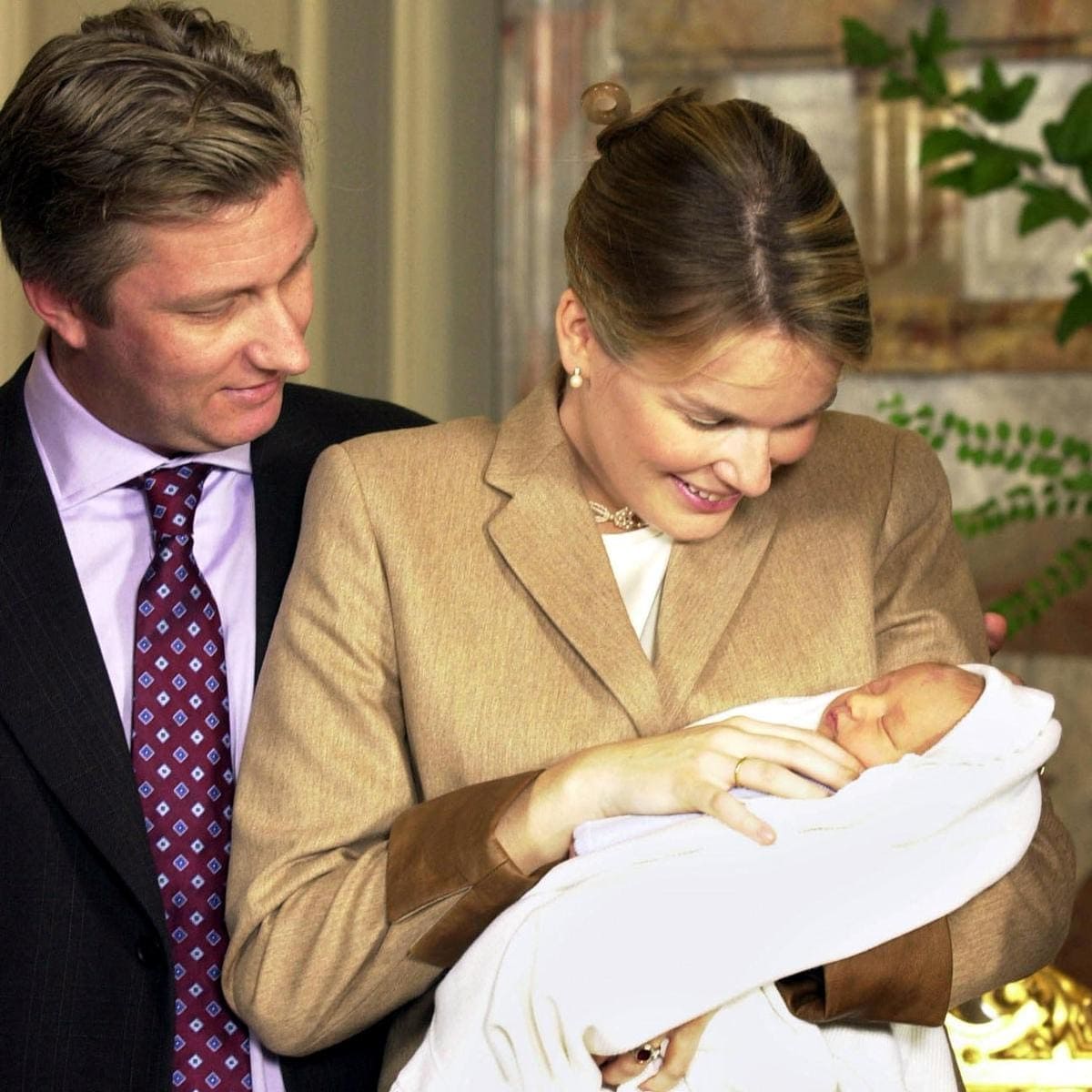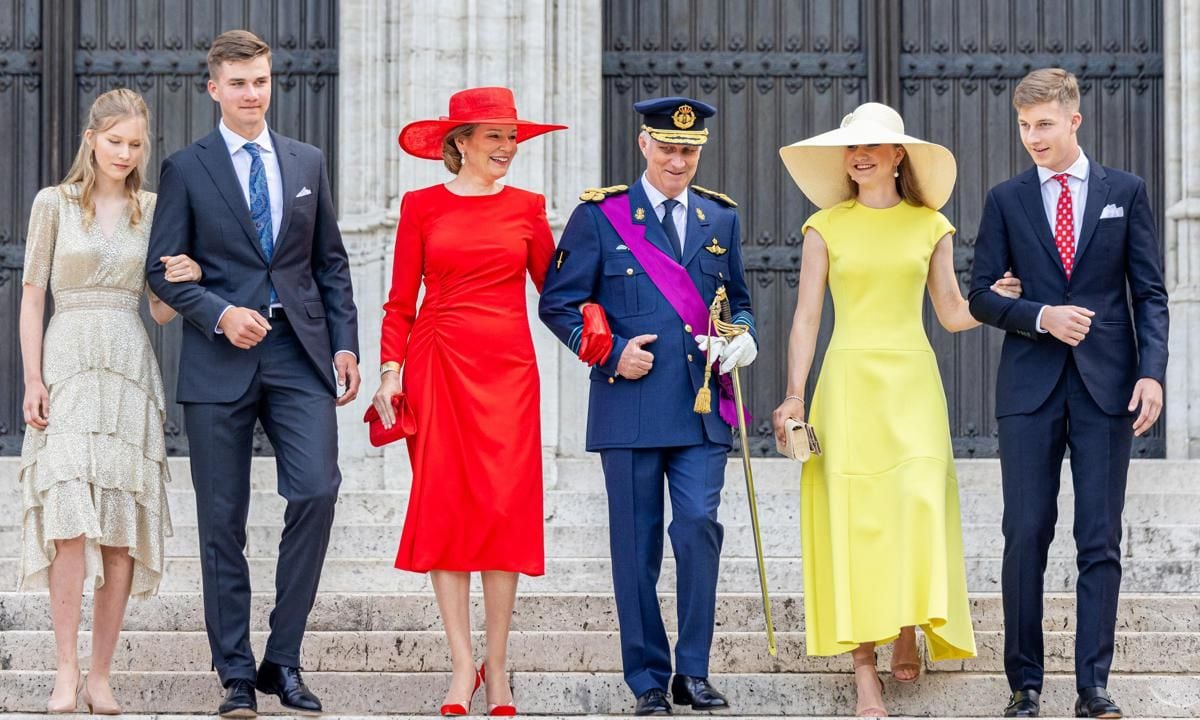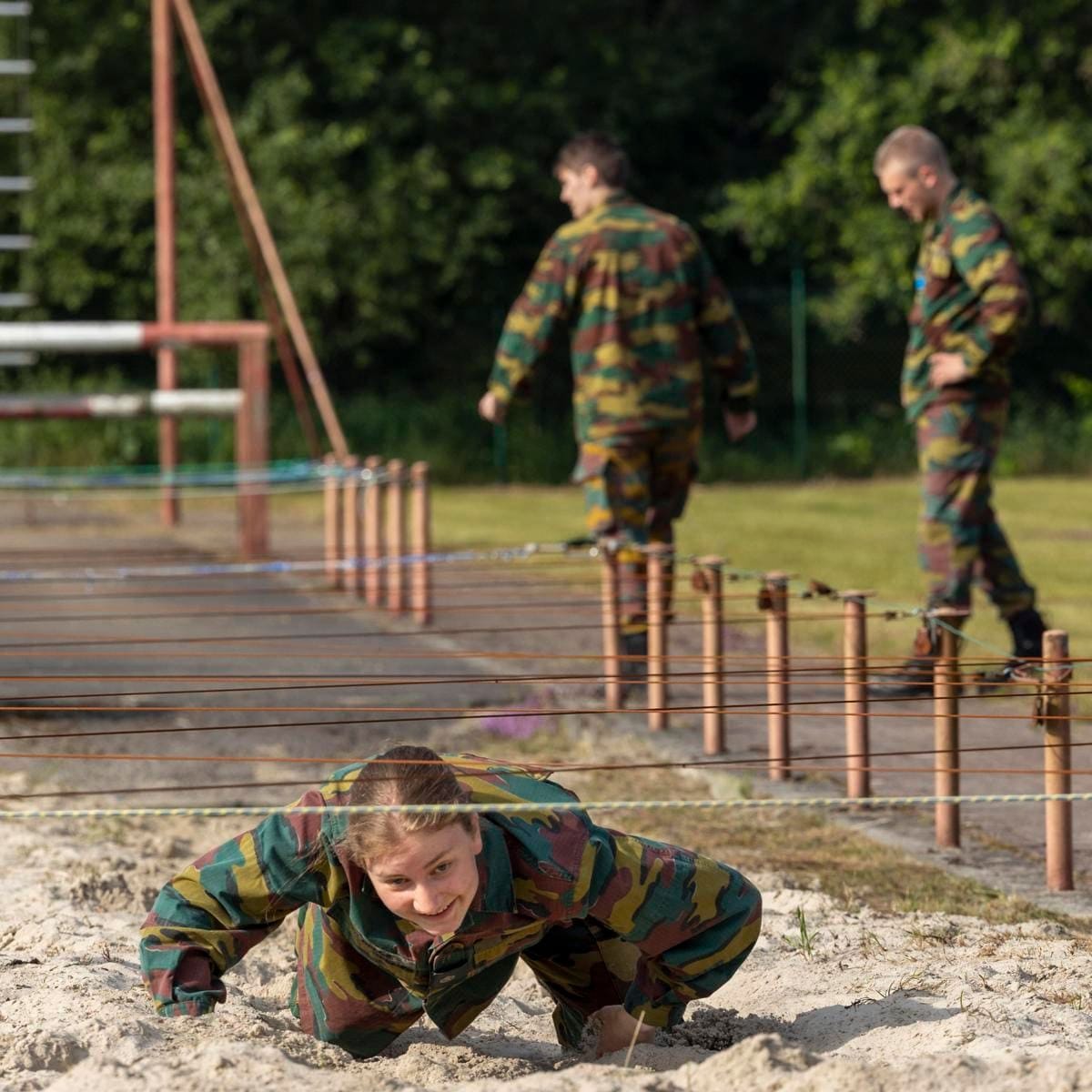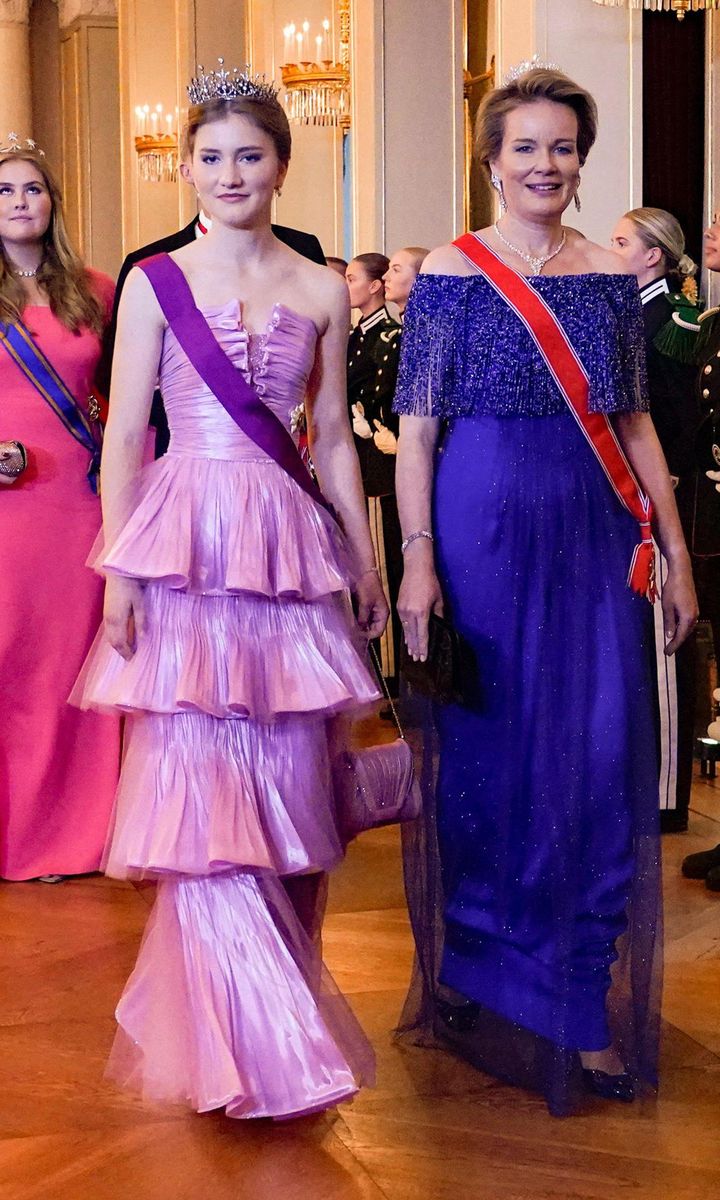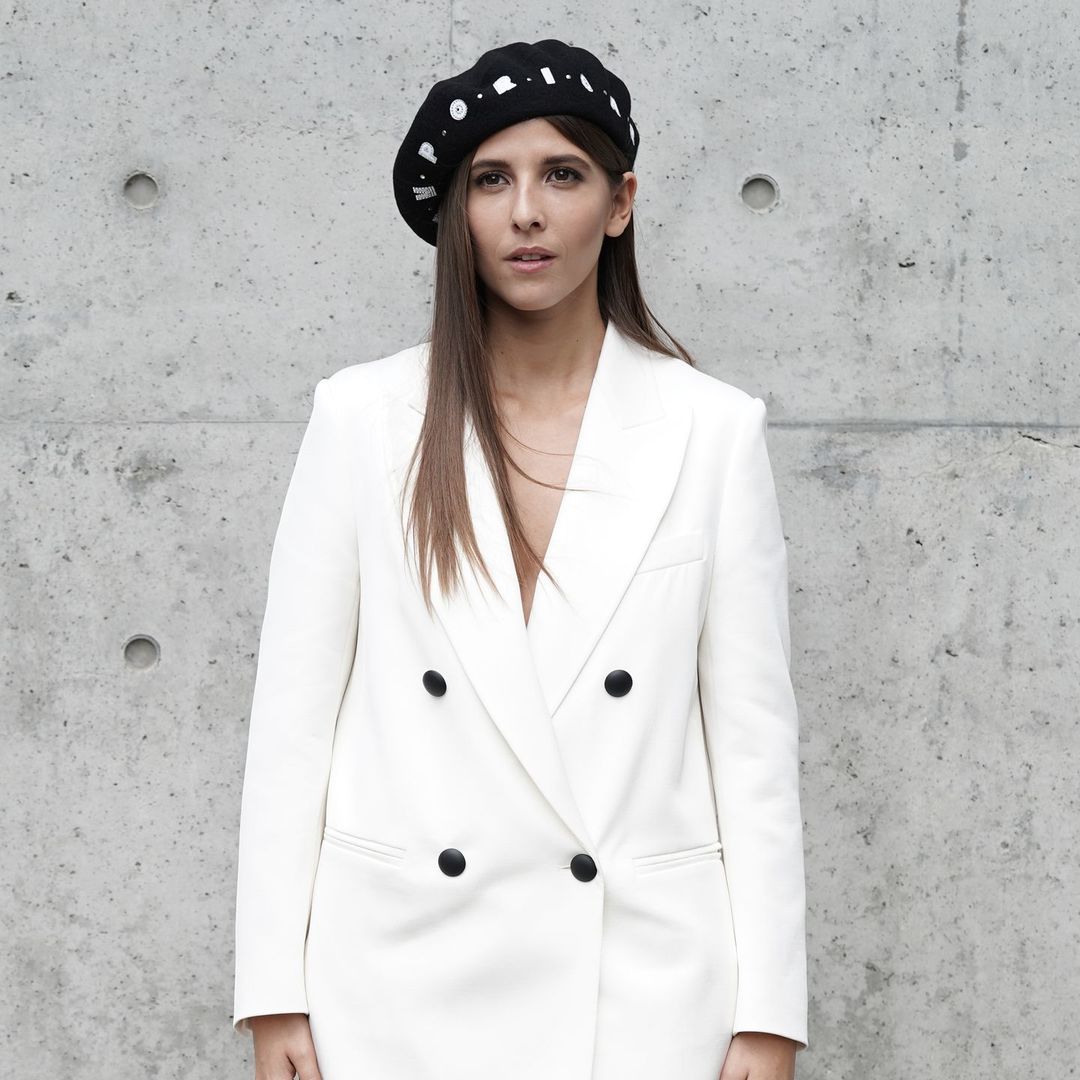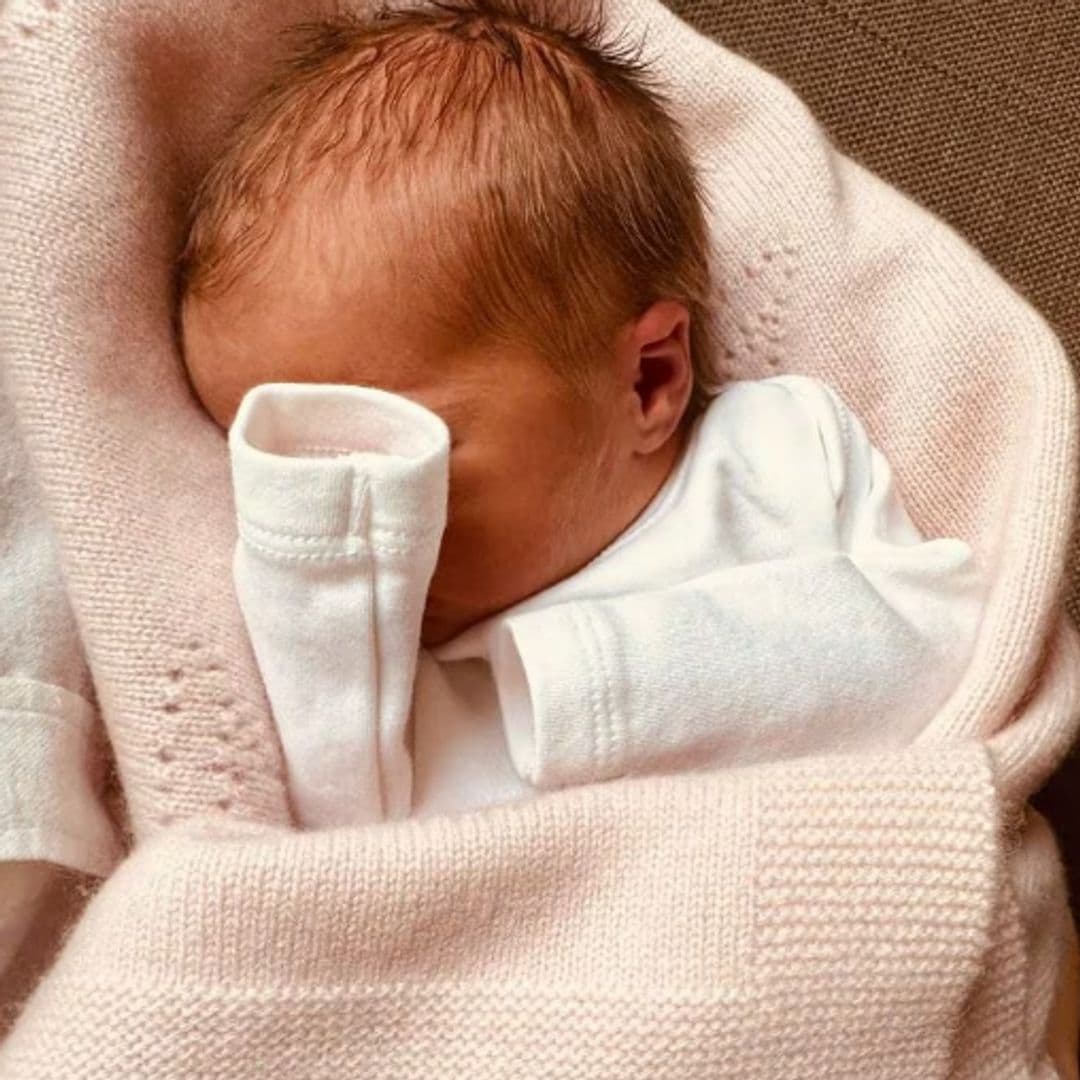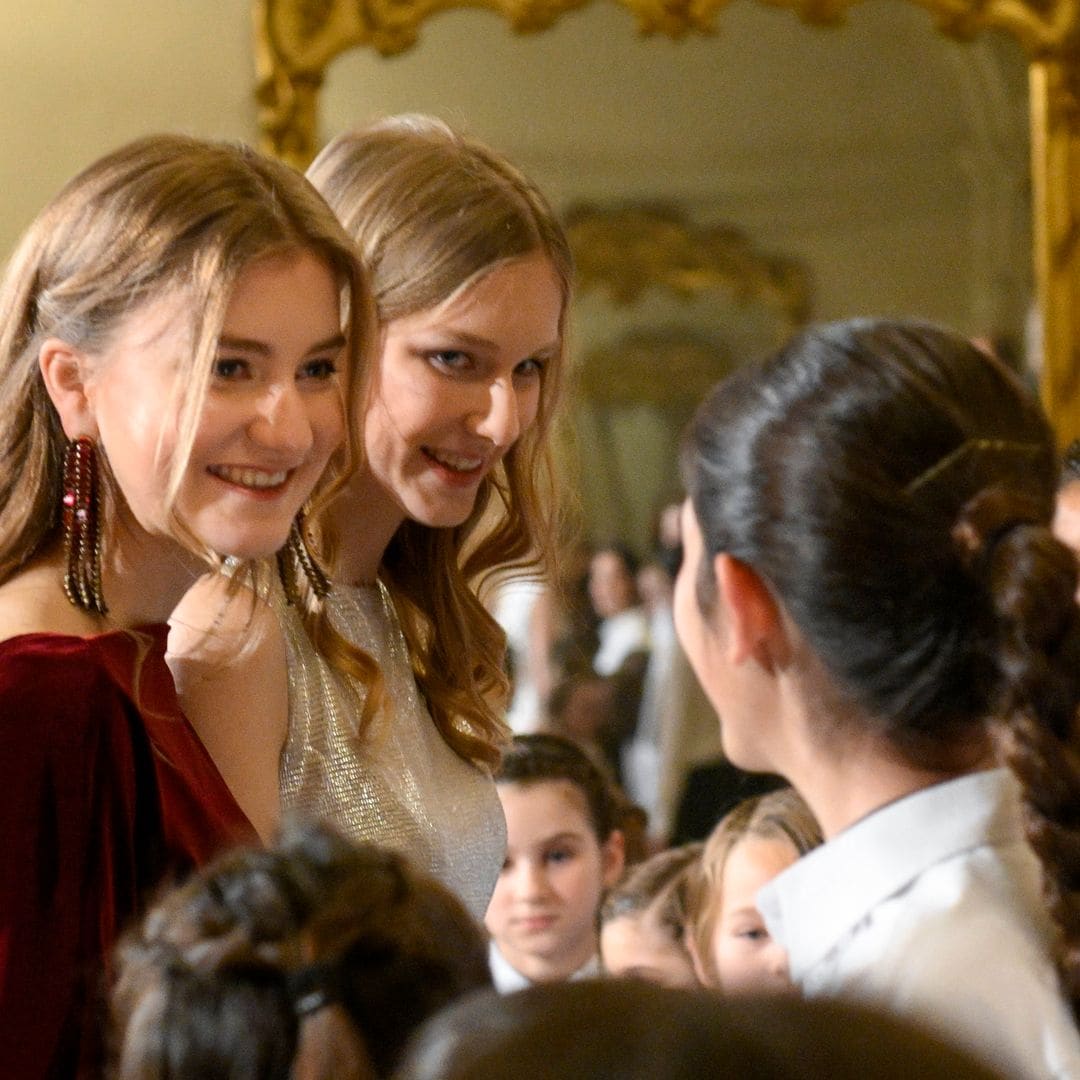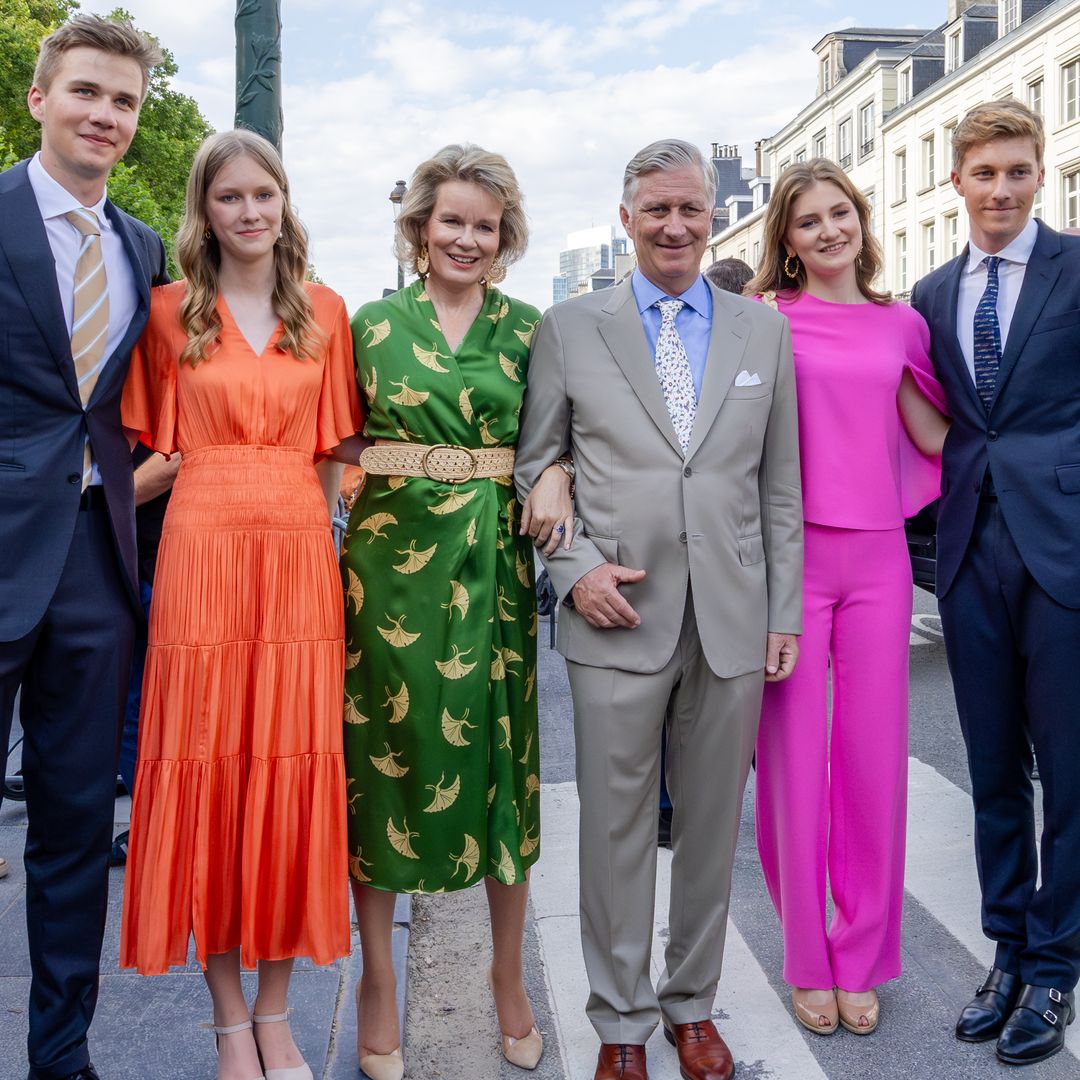Princess Elisabeth is poised to one day become Belgium’s first Queen regnant. When she turned 18 in 2019, the royal pledged that the country can count on her “commitment.”
“I know I still have so much to learn,” the Princess said in a speech on her 18th birthday (translated to English): “This is what I want to focus on in the years to come: trying to better understand the world we live in and helping to improve it, by giving the best of myself. The country can count on my commitment.”
So, just who is Princess Elisabeth? Continue reading to learn more about Belgium’s future Queen.
1. She was born in Anderlecht on October 25, 2001.
2. She is the eldest of King Philippe and Queen Mathilde’s four children.
3. She has three younger siblings: Prince Gabriel, Prince Emmanuel and Princess Eléonore.
4. She is first in line to the Belgian throne. Elisabeth became the heir apparent following her grandfather King Albert II’s abdication in 2013.
5. According to the Belgian Royal Palace, the Princess is multilingual. She is said to be fluent in Dutch, French, German and English.
6. Like Spain’s Princess Leonor and the Netherlands’ Princess Alexia, Princess Elisabeth obtained her International Baccalaureate from UWC Atlantic College in Wales.
7. After graduating from UWC Atlantic College in 2020, she underwent one-year of training in social and military sciences at the Royal Military School (KMS). At the time, the palace said: “By joining the ERM, the Princess is part of a long tradition of the Royal Family.”
8. In 2021, she began a three-year program at Lincoln College, a college of the University of Oxford, studying history and politics. Elisabeth graduated from Lincoln College, University of Oxford on July 23, 2024 with her bachelor's degree. The Princess' parents, King Philippe and Queen Mathilde, and two of her younger siblings, Prince Emmanuel and Princess Eléonore, were on hand for the graduation ceremony, held at the Sheldonian Theatre in Oxford. Ahead of her graduation, a spokesperson for the Belgian Royal Palace told the Oxford Mail, that Elisabeth "loved studying in Oxford and had a wonderful time in Lincoln College.”
9. The Princess' studies will continue with a two-year course at a university in the United States. The palace announced in May of 2024 (translated to English): “After having recently successfully completed the admission tests, Her Royal Highness Princess Elisabeth, Duchess of Brabant, will begin a master’s degree in public policy this summer at Harvard University (Harvard Kennedy School) in Boston."
“This two-year course will complete her university education following her bachelor’s degree in History and Politics at the University of Oxford (Lincoln College),” the palace added. “The Princess was also selected for an ‘Honorary Award’ from the Fulbright program, the international exchange program in the field of education of the United States Department of State.”
10. For her first solo public engagement, Elisabeth christened the RV Belgica, an oceanographic research vessel, in 2022.
11. She made her tiara debut at Princess Ingrid Alexandra of Norways’s 18th birthday gala dinner in 2022 wearing the Vestey tiara.
12. The late Queen Elizabeth was a role model of hers. In a book of condolences following the British monarch’s death in 2022, the Belgian Princess wrote (via Royal Central): “Her Majesty Queen Elizabeth II has been a role model and a source of inspiration for many of us, young and old. I join the millions around the world in mourning an extraordinary personality, whose exemplarity has had a profound impact on younger generations.”
,type=downsize)

